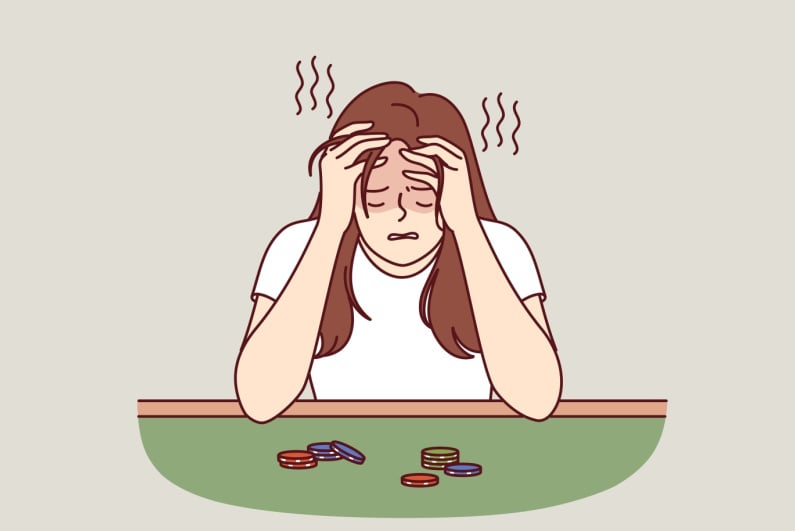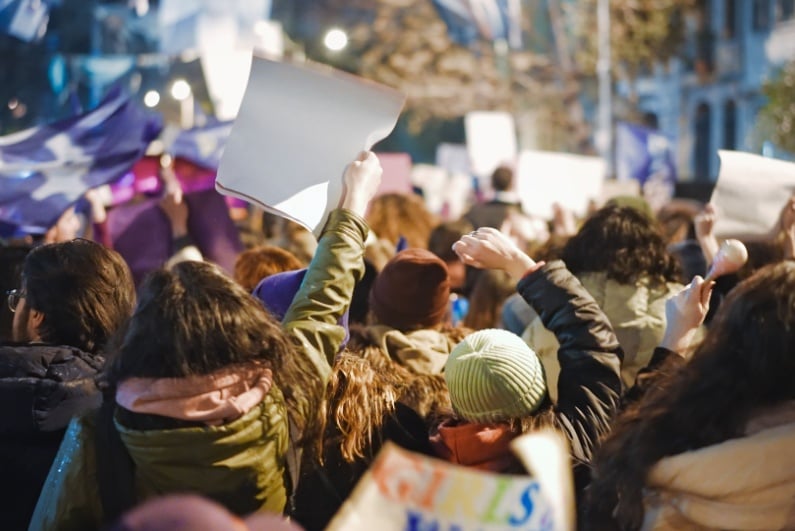Gambling firms are set to look into the number of sports betting adverts broadcast during football matches following concerns raised by the public.
The move comes after the Labour party called for a total ban on gambling adverts during live sports events, as more than 90 minutes of such adverts were broadcast during the World Cup in 2018.
In a recent board meeting, the Remote Gambling Association put forward a range of measure that could help to address concerns about the number of gambling adverts broadcast during sporting events.
RGA to review advertising
The Remote Gambling Association (RGA), of which Bet365, Ladbrookes, Paddy Power and William Hill are all members, has pledged to look into the issue, and said it is “very mindful of public concerns”.
The RGA is set to start a review into the number of gambling adverts placed during live matches that are particularly popular with a younger audience. They also often include an urgency element to them, indicating to gamblers that they need to place a bet imminently in order to benefit from a deal or good odds.
These types of adverts can be particularly harmful for problem gamblers, who find compulsive gambling to be a particular source of stress and pressure. Earlier this week the RGA agreed on the move during a board meeting, in which measures were said to have been discussed that could be taken pending approval by members.
Time-related bans
The proposals outlined by the RGA look to restrict the times during which the adverts are broadcast, by banning gambling adverts during fixtures that take place before the watershed. It has also proposed restricting the number of gambling-related adverts per commercial break to just one, although the length of this advert has not been disclosed.
The final proposed measure would be to ban in-play adverts during live broadcasts, particularly in the case of football, but possibly for other sports too.
The moves, if passed, are likely to be welcomed by problem gambling campaigners, who have voiced concern that the number of adverts that are currently broadcast normalizes gambling and puts pressure on those with gambling problems to take part during sporting events.
Currently, the exposure to gambling in sports is widespread, with around 60% of English football clubs displaying gambling companies’ logos on their shirts.
Reviewed annually
The RGA said the industry’s code is updated on an annual basis, to reflect the current concerns raised by campaign groups, but also to work alongside the changes in trends within the industry.
It released a statement following the recent board meeting, which said: “The process for deciding what enhancements and additions might be introduced in 2019 is currently under way. At this stage it would be wrong to speculate on the outcome of the review.
“But we are all very mindful of the public concerns that have been expressed about the amount of sports betting advertising that takes place on television.
“In relation to the Young People and Gambling report, we note that the principal forms of gambling do not relate to online gambling. The issue of children and gambling is a complex area and we would never suggest that improvements cannot be made.”
The review comes as deputy Labour leader Tom Watson made a call for a 1% levy to be introduced for gambling companies. This would raise around £140m a year based on current industry figures, which would be used to treat gambling addicts when they require help.
Matt Zarb-Cousin, a spokesperson for Fairer Gambling, said: “Gambling operators are waking up to the overwhelming public opposition to advertising, particularly during live sporting events. It’s a rare occasion where spend on marketing to improve the image of companies is actually having the total opposite effect.”




